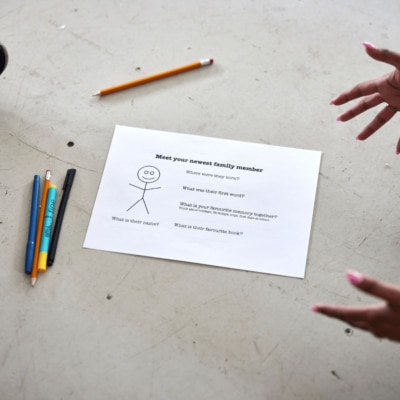a manifesto about manifestos
Posted on July 26th, 2015
A manifesto expresses the vision, what’s important and what’s exciting. This is what it is about.
It’s shared with everyone with a stake, and invites their contribution and co-authorship.
It adopts whichever form and format best suits its co-authors.
There are several practical contradictions of a manifesto:
- it’s always trying to pin things down – but it is always open to change.
- it’s always striving for consensus – but any differences that resist easy resolution should be respected, clarified, transformed into questions if possible, until ready to be answered.
- it helps define the essentials – but if it stops being useful, change it or ignore it – it shouldn’t be prescriptive, nor flatten an individual’s take.
A manifesto tends to be re/written in a punctuation point of a process, reflecting back as much as looking forward.
Back to all posts




